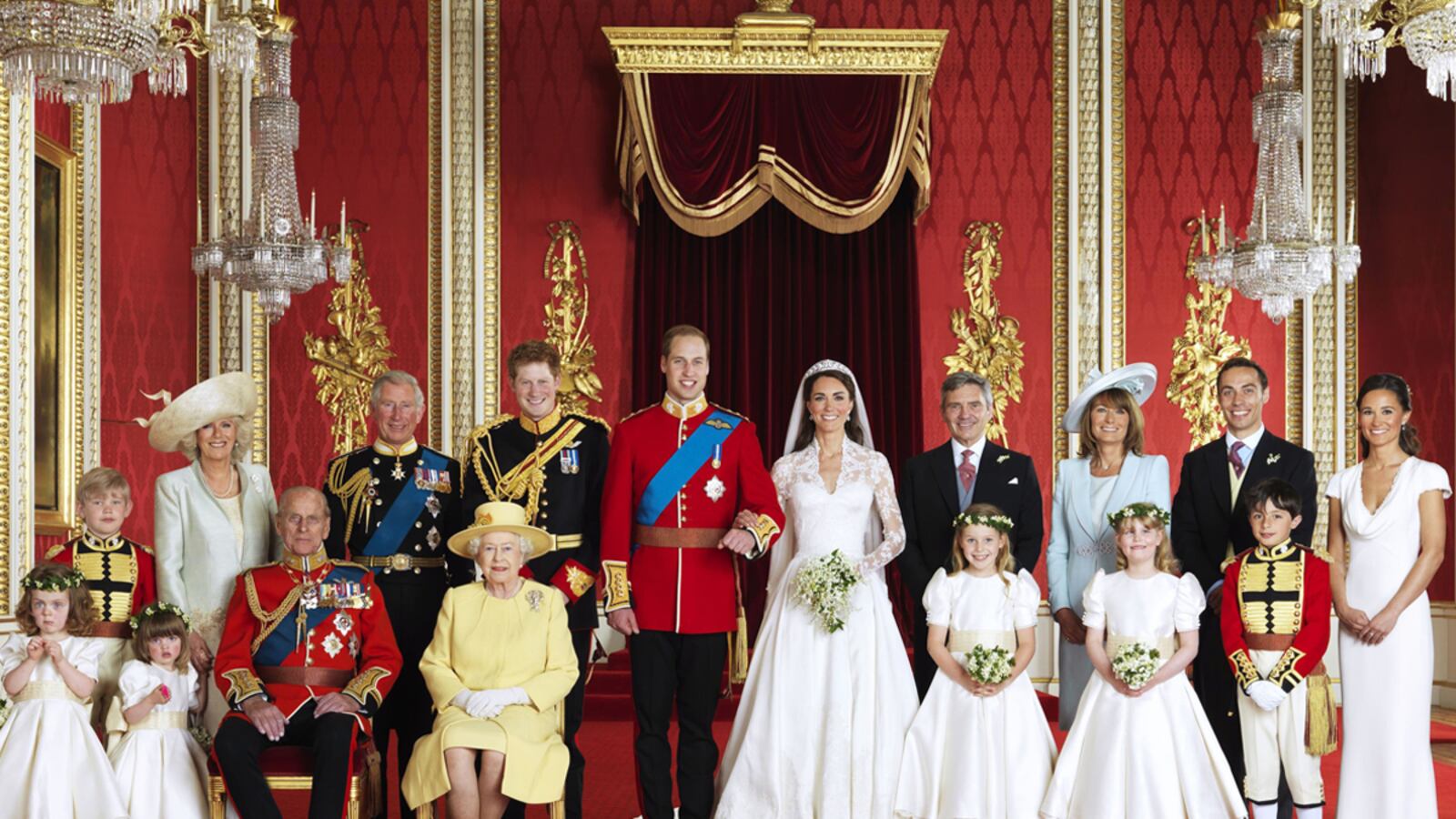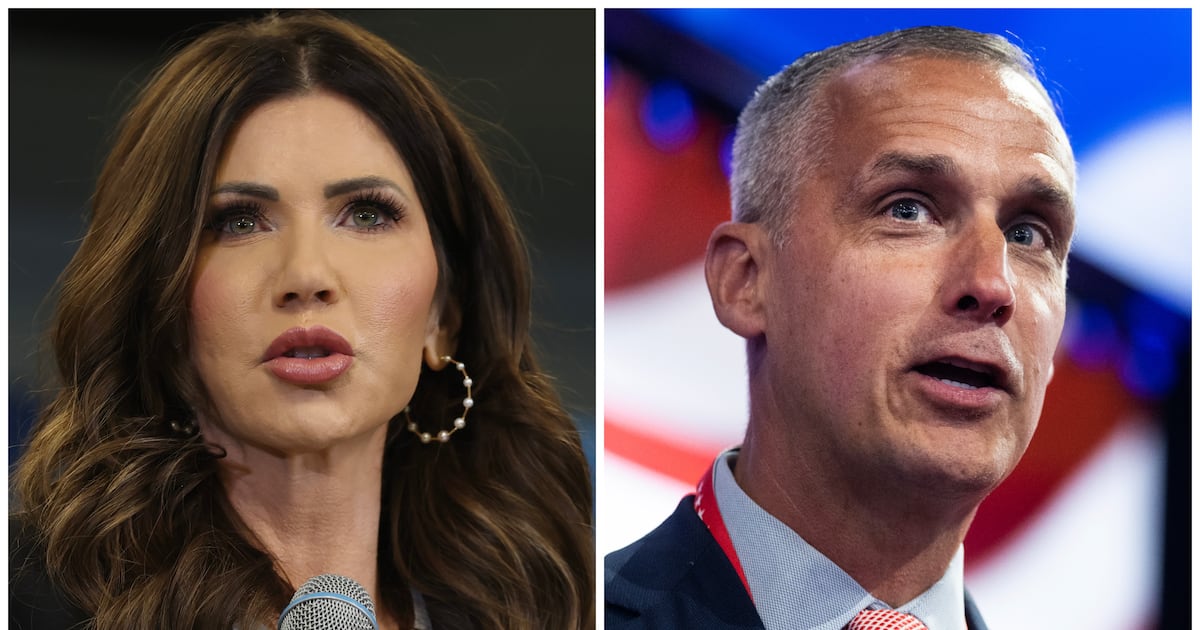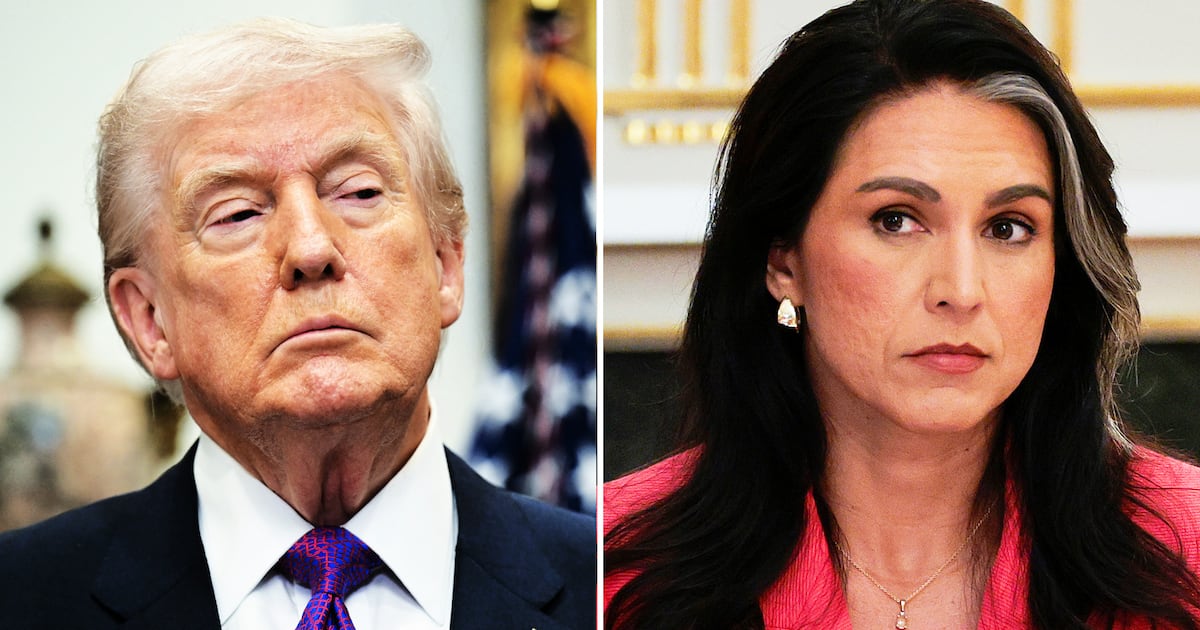The news that sons and daughters of future British monarchs will have equal rights of accession to the throne will delight modernists, and might even lull feminists into thinking that some kind of a blow has been struck for women’s rights. Yet in fact, what all the governments of the 16 Commonwealth countries, which have the queen as their head of state, are really doing is treating the wearer of the British crown as just another civil servant doing a public job. Once again, the politicians have let daylight in upon magic.
The whole concept of a monarchy is so ancient, so unlike any other institution in public life, and so inherently, wonderfully illogical that as soon as one attempts to apply today’s standards to it—especially modern human-rights and equal-opportunities legislation—one undermines the strongest reason for its existence. It is precisely because it so magnificently atavistic, archaic, and irrational—so unlike absolutely anything else in modern society—that it exercises such power over the human imagination, connecting Britons directly over a thousand years back to their Saxon past. To apply the values of our modern, politically correct age to a concept that dates back almost to the Dark Ages is absurd on every level.
When Prime Minister David Cameron says sexism is a "way of thinking at odds with the modern countries that we have become," he is perfectly right, but as the amendments to the 1701 Act of Settlement, the 1689 Bill of Rights, and the 1772 Royal Marriages Act will soon remind everybody, accession to the throne is discriminatory on the grounds of something far more serious even than sex, age, race, sexual orientation, disability, and religion: namely, blood. You cannot become monarch unless you are a direct descendant of King George II (regnant 1727–60), which is extremely discriminatory to the 99.999 percent of us who aren’t. If you are already discriminating against all but about 30 people out of the nearly 7 billion on the planet, is it really such a glorious blow for womanhood to abolish the right of male primogeniture in order to benefit one of Prince William’s as-yet-unborn daughters?

One might as well try to apply health-and-safety legislation to the coronation, where a monarch has to wear the 39-ounce Imperial State Crown—with four rubies, 11 emeralds, 16 sapphires, 277 pearls, and 2,783 diamonds—for hours upon end. Or the European Working Time Directive to the queen, who is 85 years old and yet still carried out 509 official engagements on Britain’s behalf last year. How does the assertion that the monarch rules "by the grace of Almighty God" square with the Trades Descriptions Act? The monarchy isn’t some civil-service job that one applies for through the appointments section of your newspaper; it is profoundly different and ought to be treated as such. It is the very archaisms that give it strength; they reflect British history and tradition, not the passing mores of our 21st-century life, still less "the modern countries that we have become."
Of course, there’s no rhyme or reason why Prince William’s younger son should succeed to the throne before his older daughter, but neither is there any rational explanation to the solemn anointment by oil, a ceremony that can be traced back to biblical times. To attempt to apply our generational chauvinism to customs and traditions that go back centuries, on the grounds of what we consider "fair," is a mark of our ludicrous pretensions to omniscience. Anyhow, why should the elder daughter succeed before the younger son: isn’t that age discrimination? Shouldn’t all Britons decide which of them will be God’s anointed by a secret ballot?
Some of the greatest monarchs of British history—Elizabeth I, Anne, Victoria—have been women, but they were each the last of their dynasties. The present queen would have been the last of the House of Windsor had the Churchill government not disliked the idea of the House of Mountbatten, prompting Prince Philip to expostulate: "What do they think I am, a bloody amoeba?" Do we really want the great dynasties of England, whose names resonate through our history, to alter every generation or so?
If the proposed new law had been in place in 1901, at the time of the death of Queen Victoria, one of the few truly deranged psychopathic monarchs of modern Europe, Kaiser Wilhelm II, would have become king of England on the death of his mother, Victoria’s eldest daughter the Empress Vicky of Germany, later that year. A man partly responsible for the outbreak of the Great War—who, long before the Nazis, advocated the gassing of Jews "like mosquitoes"—would have sat on the British throne. Our ancestors were wise in not adopting a system that would have had that outcome, and we are insufferably arrogant in thinking that our mores trump theirs when it comes to an institution as ancient as the monarchy.






